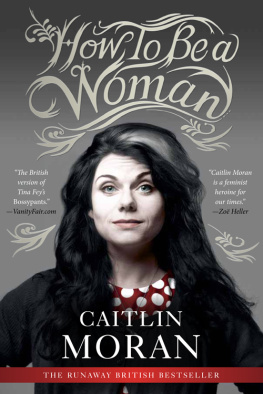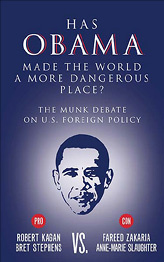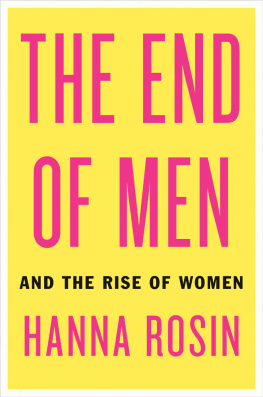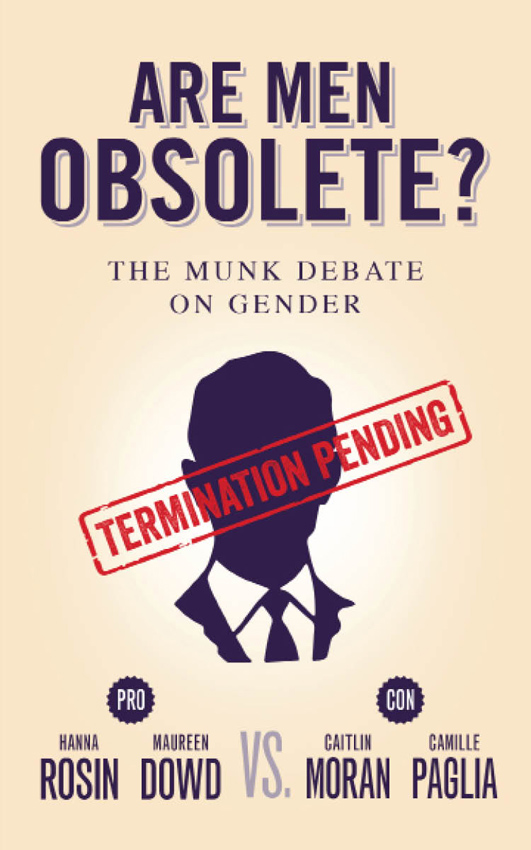A LETTER FROM PETER MUNK
Since we started the Munk Debates, my wife, Melanie, and I have been deeply gratified at how quickly they have captured the publics imagination. From the time of our first event in May 2008, we have hosted what I believe are some of the most exciting public policy debates in Canada and internationally. Global in focus, the Munk Debates have tackled a range of issues, such as humanitarian intervention, the effectiveness of foreign aid, the threat of global warming, religions impact on geopolitics, the rise of China, and the decline of Europe. These compelling topics have served as the intellectual and ethical grist for some of the worlds most important thinkers and doers, from Henry Kissinger to Tony Blair, Christopher Hitchens to Paul Krugman, Lord Peter Mandelson to Fareed Zakaria.
Let me say a few words about why we started this program, and why we believe so strongly that the Munk Debates originate out of Toronto, Canada. As a Canadian who wasnt born in this country, a country that has accepted me with open arms and provided me with endless opportunities, I am firmly convinced that Canada must be a vital participant in world affairs. That was the primary reason that Melanie and I helped found the Munk School of Global Affairs at the University of Toronto, my alma mater. It was the same thinking that led my Aurea Foundation to launch the Munk Debates. We wanted to create a forum that attracts the best minds and debaters to address some of the most important international issues of our time, and make these debates available to the widest possible audience. And we wanted Toronto to be at the centre of this international dialogue to affirm Canadas growing role as a world economic, intellectual, and moral leader.
Melanie and I are very pleased that the Munk Debates are making significant strides toward fulfilling the mission and spirit of our philanthropy. The issues raised at the debates have not only fostered public awareness, they have helped all of us become more involved and therefore less intimidated by the concept of globalization. Its so easy to be inward-looking. Its so easy to be xenophobic. Its so easy to be nationalistic. It is hard to go into the unknown. Globalization, to many people, is an abstract concept at best. The purpose of this debate series is to help people feel more familiar with our fast-changing world and more comfortable participating in the global dialogue about the issues and events that will shape our collective future.
I dont need to tell you that that there are many, many burning issues. Whether you talk about global warming or the plight of extreme poverty, or genocide or our shaky global financial order, there are many critical issues that matter to many people. And it seems to me, and to the Aurea Foundation board members, that the quality of the public dialogue on these critical issues diminishes in direct proportion to the importance and the number of these issues clamouring for our attention. By trying to highlight the most important issues at crucial moments in the global conversation, these debates not only profile the ideas and solutions of some of our brightest thinkers and doers, but also crystallize public passion and knowledge, helping to tackle some global challenges confronting humankind.
I learned in life and Im sure many of you will share this view that challenges bring out the best in us. I hope youll also agree that the participants in these debates challenge not only each other but also each of us to think clearly and logically about important problems facing the world.
Peter Munk
Founder, the Aurea Foundation
Toronto, Ontario
Copyright 2014 Aurea Foundation
Caitlin Moran, Maureen Dowd, Hanna Rosin, and Camille Paglia in Conversation by Rudyard Griffiths. Copyright 2014 Aurea Foundation.
Post-Debate Commentary by Christina Hoff Sommers. Copyright 2014 Aurea Foundation.
Post-Debate Commentary by Stephanie Coontz. Copyright 2014 Aurea Foundation.
All rights reserved. No part o f this publication may be reproduced or transmitted in any form or by any means, electronic or mechanical, including photocopying, recording, or any information storage and retrieval system, without permission in writing from the publisher.
This edition published in 2014 by
House o f Anansi Press Inc.
110 Spadina Avenue, Suite 801
Toronto, ON, M5V 2K4
Tel. 416-363-4343
Fax 416-363-1017
www.houseofanansi.com
Library and Archives Canada Cataloguing in Publication
Are men obsolete? : the munk debate on gender /
Hanna Rosin, Maureen Dowd, Caitlin Moran, Camille Paglia.
Debate held November 15, 2013, Toronto, Ontario.
Pro: Hanna Rosin, Maureen Dowd;
con: Caitlin Moran, Camille Paglia.
Issued in print and electronic formats.
ISBN: 978-1-77089-451-8 (pbk.). ISBN: 978-1-77089-452-5 (epub)
1. Men Social conditions. I. Rosin, Hanna, panelist II. Dowd, Maureen,
Panelist III. Moran, Caitlin, 1975, panelist IV. Paglia, Camille, 1947, panelist V. Series: Munk debates
HQ1090.A74 2014 305.31 C2013-906988-7 C2013-906989-5
Library of Congress Control Number: 2013918881
Cover design: Alysia Shewchuk
Transcription: Rondi Adamson
We acknowledge for their financial support o f our publishing program
the Canada Council for the Arts, the Ontario Arts Council, and the Government o f Canada
through the Canada Book Fund.
ARE MEN OBSOLETE?
ROSIN AND DOWD
VS. MORAN AND PAGLIA
THE MUNK DEBATE ON
GENDER
Edited by Rudyard Griffiths
INTRODUCTION BY RUDYARD GRIFFITHS
The Munk Debate on Gender took place in Toronto on November 15, 2013, in front of a sold-out audience of 3,000 people. The packed concert hall was treated to a remarkable debate, one that ranged from the profound to the uproarious to the profane. Fuelling the hour-and-a-half-long discussion was the debates contentious resolution, Be it resolved: men are obsolete. On the surface the motion seems fantastical. Men obsolete, really? If this is indeed the case, what about the 97 percent of Fortune 500 companies with male CEOs? How about the continued dominance of men in politics and a slew of powerful (and high-paying) white-collar professions from medicine to law to finance? And where but in a handful of nations have voters actually elected female heads of state?
These are all important markers of male influence in the early twenty-first century, but the ambit of the Munk Debate on Gender was purposely larger than the power relationship between men and women today. Instead, the debate tackled the surge of female performance relative to men in the home, the workplace, our schools, and society, and addressed the implication of this trend for our collective future.
The rise of women is fast emerging as one of the most important socioeconomic phenomena of our era. In Canada and the United States women make up almost half of the workforce a threefold increase since the early 1970s. In higher education women now receive 60 percent of the undergraduate and graduate degrees conferred each year, including in previously all-male disciplines such as the sciences, commerce, law, and medicine. At home, modern womans contribution to child-rearing is off the charts: four out of five single-parent families in the United States are headed by women. More amazing still, women today constitute the single or primary breadwinner in 40 percent of all American families with children under eighteen a fourfold increase since the 1960s. The dominance of women in child-rearing and family life, their skyrocketing graduation rates at all educational levels, and the reality that they make up an ever-larger portion of the workforce in both blue- and white-collar professions all beg the question: What is happening to men?









